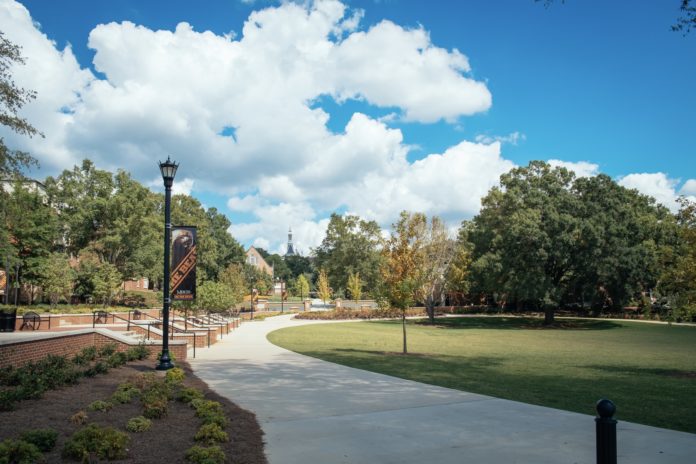Georgia
residents now have a free, fast, and easy way to find health services close to where they live.
A new Web site called Georgia Health – Go Local (www.gahealthgolocal.org) provides information and links to hospitals, doctors, clinics, support groups, immunization programs, home health care, and other programs and services people can use to find help for themselves and their loved ones.
Some of the topics include: Where can I find a weight loss program? Is there an adult daycare center in my area? Are there support groups for parents of children with disabilities? Where can I take a first aid course?
These are examples of some of the questions that can be answered by searching the easy-to-use Web site. People can search for resources by county or zip code, by the type of service they want, or by a particular health topic.
Georgia Health – Go Local offers additional information and convenience because it is connected to MedlinePlus.gov, the health Web site of the world’s largest medical library, the National Library of Medicine. If, for example, someone viewing Alzheimer’s-related services in Georgia Health – Go Local wants to learn more about Alzheimer’s disease, they can click on “Health Information” and be taken to a MedlinePlus.gov page about the disease. Alternatively, someone reading about Alzheimer’s on MedlinePlus.gov can link to Georgia Health – Go Local to find Alzheimer’s-related health services in their zip code or county.
Dr. Alice House, Chair of the Board of Directors of the Georgia Academy of Family Physicians, is eager to introduce the new site to her patients: “As a physician, I really appreciate that I can send my patients to MedlinePlus.gov for reliable health information. Being able to point them to the new Georgia Health-Go Local site where they can find health services near their homes is even better.” Katherine Cummings, Executive Director of the Georgia Rural Health Association, said, “With gas prices rising, being able to find health care close to home is a great service for all Georgians, especially those in rural communities.”
Georgia Health – Go Local is produced by the libraries of Mercer University School of Medicine, Georgia State University, Emory University, the Medical College of Georgia, and Morehouse School of Medicine, in partnership with the Georgia Public Library Service, GALILEO, HODAC, Inc., GRID (Georgia Rural Health Interactive Directory) and many other organizations around the state. (See the “About” section of the project website for a full list of partners.) Georgia Health – Go Local is supported by The National Library of Medicine, part of the National Institutes of Health.
For more information on Georgia Health – Go Local, or to speak with or interview someone about the project, contact Rita Smith, Mercer Medical Library, 478-301-2827, smith_rb@mercer.edu.
NOTE: This press release is also available online at http://gain.mercer.edu/golocal.
About Mercer University School of Medicine:
Celebrating its 25th year, Mercer University’s School of Medicine was established in 1982 to educate physicians and health professionals to meet the primary care and health care needs of rural and medically underserved areas of Georgia. The School only accepts Georgia residents into its medical degree program. Students entering Mercer University School of Medicine will be graduated from a school that utilizes a problem-based medical education program that provides early patient care experiences. Such an academic environment fosters the early development of clinical problem-solving and instills in each student an awareness of the place of the basic medical sciences in medical practice. In June 2007, the University announced it would expand its two-year clinical program at Memorial University Medical Center into a second full, four-year doctor of medicine program by fall 2008. The School also offers master’s degrees in public health, family therapy, and nurse anesthesia.
About Mercer University:
Founded in 1833, Mercer University is a dynamic and comprehensive center of undergraduate, graduate and professional education. The University has 7,300 students; 11 schools and colleges – liberal arts, law, pharmacy, medicine, business, engineering, education, theology, music, nursing and continuing and professional studies; major campuses in Macon, Atlanta and Savannah; four regional academic centers across the state; a university press; two teaching hospitals — Memorial University Medical Center and the Medical Center of Central Georgia; educational partnerships with Warner Robins Air Logistics Center in Warner Robins and Piedmont Healthcare in Atlanta; an engineering research center in Warner Robins; a performing arts center in Macon; and a NCAA Division I athletic program. For more information, visit www.mercer.edu.










